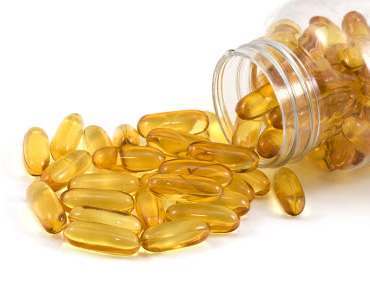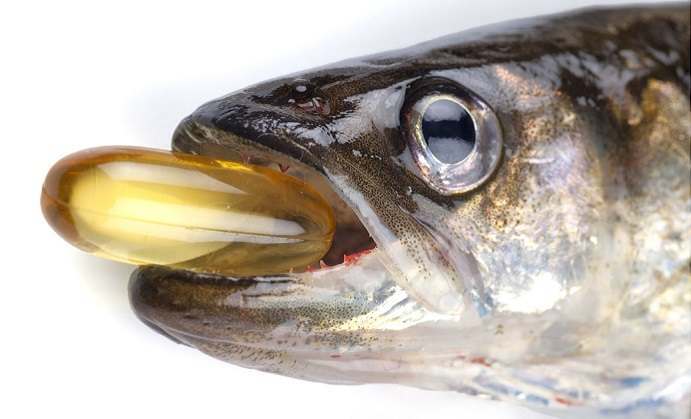Although fish is a good source of Omega-3 fatty acids, some kinds of fish may have high levels of mercury. Mercury causes adverse effects on health. Generally, older, larger and predatory fish varieties will have higher concentrations of mercury. It is important to understand safe ways of eating fish without getting affected by high mercury levels.
 Fish oil supplements are very common, and they offer an easy way to consume Omega-3. However, if it is not manufactured based on quality standards, the supplements may contain high levels of mercury. The process of making fish-based-supplements include detoxification and separation of harmful elements while retaining the key nutrients. Although it is impossible to create fish oil that is totally devoid of mercury, it is essential to reduce it to the lowest level possible. This is heavily influenced by the way the fish is processed and the supplement manufactured.
Fish oil supplements are very common, and they offer an easy way to consume Omega-3. However, if it is not manufactured based on quality standards, the supplements may contain high levels of mercury. The process of making fish-based-supplements include detoxification and separation of harmful elements while retaining the key nutrients. Although it is impossible to create fish oil that is totally devoid of mercury, it is essential to reduce it to the lowest level possible. This is heavily influenced by the way the fish is processed and the supplement manufactured.
As stated earlier, larger predatory fish are known to contain high levels of mercury. So manufacturers should take extra care to use fish that are known to have low levels of mercury. Sardines, Salmon, Whitefish and Anchovies are some of the fish types with low levels of mercury and high levels of Omega-3 fatty acids. As a precautionary measure, mercury concentration of the fish should be checked before processing instead of after the processing is complete.
 The process of distillation helps to attain maximum purity and clears out all the toxins present in the fish. The goal of distillation is to develop a safe and pure fish oil supplement, which has little to no traces of mercury. When you buy a fish oil supplement, it is advised to check whether distillation was included in the making of the product. This will help assure you of a high-quality supplement that is safe for consumption. You can try to check these details from the manufacturer’s website and the product label.
The process of distillation helps to attain maximum purity and clears out all the toxins present in the fish. The goal of distillation is to develop a safe and pure fish oil supplement, which has little to no traces of mercury. When you buy a fish oil supplement, it is advised to check whether distillation was included in the making of the product. This will help assure you of a high-quality supplement that is safe for consumption. You can try to check these details from the manufacturer’s website and the product label.
If the product is manufactured in an FDA registered GMP certified facility, then the quality of the product in most cases would be obviously high. Some manufacturers also get the ingredients tested by third party laboratories for quality, purity and potency.
 Polychlorinated Biphenyls known as PCBs are some of the contaminants that may be found in fish. Manufacturers of fish supplements should take additional steps to ensure that the fish they use to prepare fish oil is free from these contaminants. Studies show that most fish oil products on the market did not show any mercury content when they were tested for safety and purity. Although not all manufacturers use the process of distillation, fish oil supplements are generally safe for human consumption.
Polychlorinated Biphenyls known as PCBs are some of the contaminants that may be found in fish. Manufacturers of fish supplements should take additional steps to ensure that the fish they use to prepare fish oil is free from these contaminants. Studies show that most fish oil products on the market did not show any mercury content when they were tested for safety and purity. Although not all manufacturers use the process of distillation, fish oil supplements are generally safe for human consumption.
In summary, you should choose fish oil supplements that are thoroughly tested for purity, potency and quality. Most importantly, it should be safe for human consumption, which means the supplement should contain minimal or no mercury so that the body can absorb Omega-3 efficiently.
Do you want to find an effective Omega-3 supplement? Check out our top rated Omega-3 products










